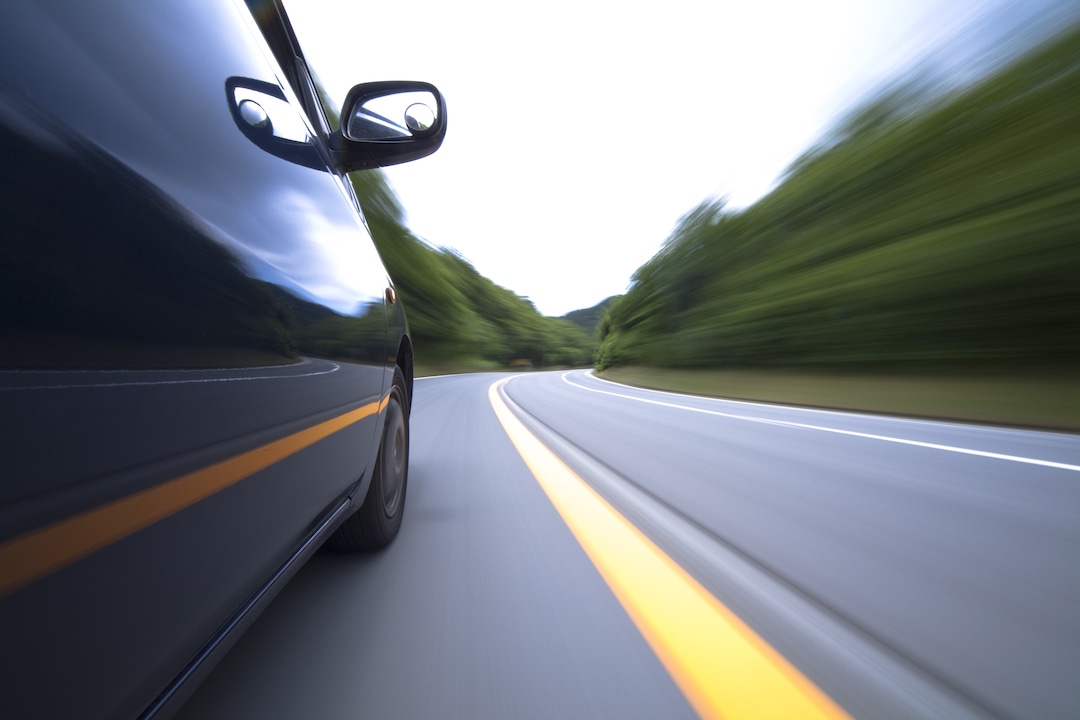
May 19, 2018 | Advice, Behaviour, Featured
I know from personal experience that caring for a loved one with dementia is a huge challenge. Dementia affects moods, behaviour and judgement – not just memory. This can mean the person you care for may become angry, upset or confused. But there are strategies you...

May 14, 2018 | Health, News, Nutrition
An international study by scientists in the China, the UK and USA has found that people who consume little or no fish have an increased risk of dementia. The study of nearly 7,000 participants aged over 60 in six provinces in China reveals that people who consumed...





